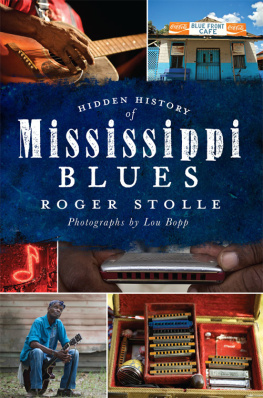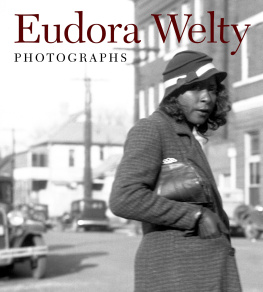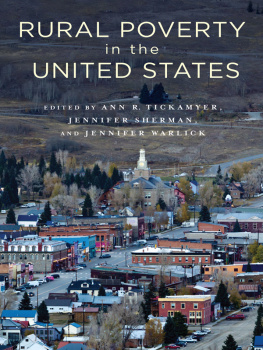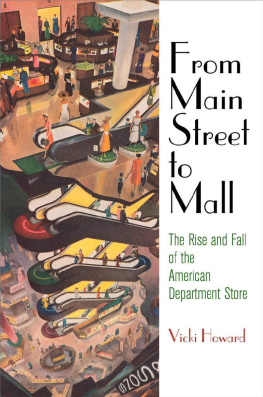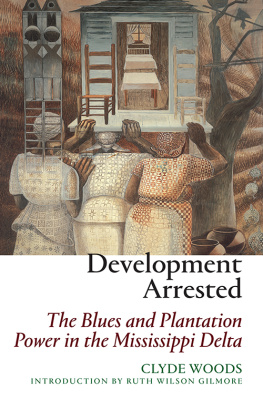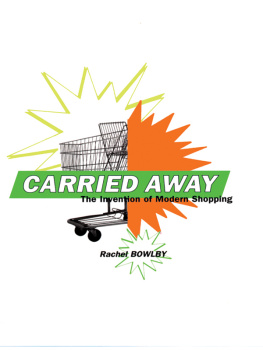Ted Ownby - American Dreams in Mississippi: Consumers, Poverty, and Culture, 1830-1998
Here you can read online Ted Ownby - American Dreams in Mississippi: Consumers, Poverty, and Culture, 1830-1998 full text of the book (entire story) in english for free. Download pdf and epub, get meaning, cover and reviews about this ebook. year: 2002, publisher: Univ of North Carolina Press, genre: Politics. Description of the work, (preface) as well as reviews are available. Best literature library LitArk.com created for fans of good reading and offers a wide selection of genres:
Romance novel
Science fiction
Adventure
Detective
Science
History
Home and family
Prose
Art
Politics
Computer
Non-fiction
Religion
Business
Children
Humor
Choose a favorite category and find really read worthwhile books. Enjoy immersion in the world of imagination, feel the emotions of the characters or learn something new for yourself, make an fascinating discovery.

American Dreams in Mississippi: Consumers, Poverty, and Culture, 1830-1998: summary, description and annotation
We offer to read an annotation, description, summary or preface (depends on what the author of the book "American Dreams in Mississippi: Consumers, Poverty, and Culture, 1830-1998" wrote himself). If you haven't found the necessary information about the book — write in the comments, we will try to find it.
After examining the general and plantation stores of the nineteenth century, a period when shopping habits were stratified according to racial and class hierarchies, Ownby traces the development of new types of stores and buying patterns in the twentieth century, when women and African Americans began to wield new forms of economic power. Using sources as diverse as store ledgers, blues lyrics, and the writings of William Faulkner, Eudora Welty, Richard Wright, and Will Percy, he illuminates the changing relationships among race, rural life, and consumer goods and, in the process, offers a new way to understand the connection between power and culture in the American South.
Ted Ownby: author's other books
Who wrote American Dreams in Mississippi: Consumers, Poverty, and Culture, 1830-1998? Find out the surname, the name of the author of the book and a list of all author's works by series.

